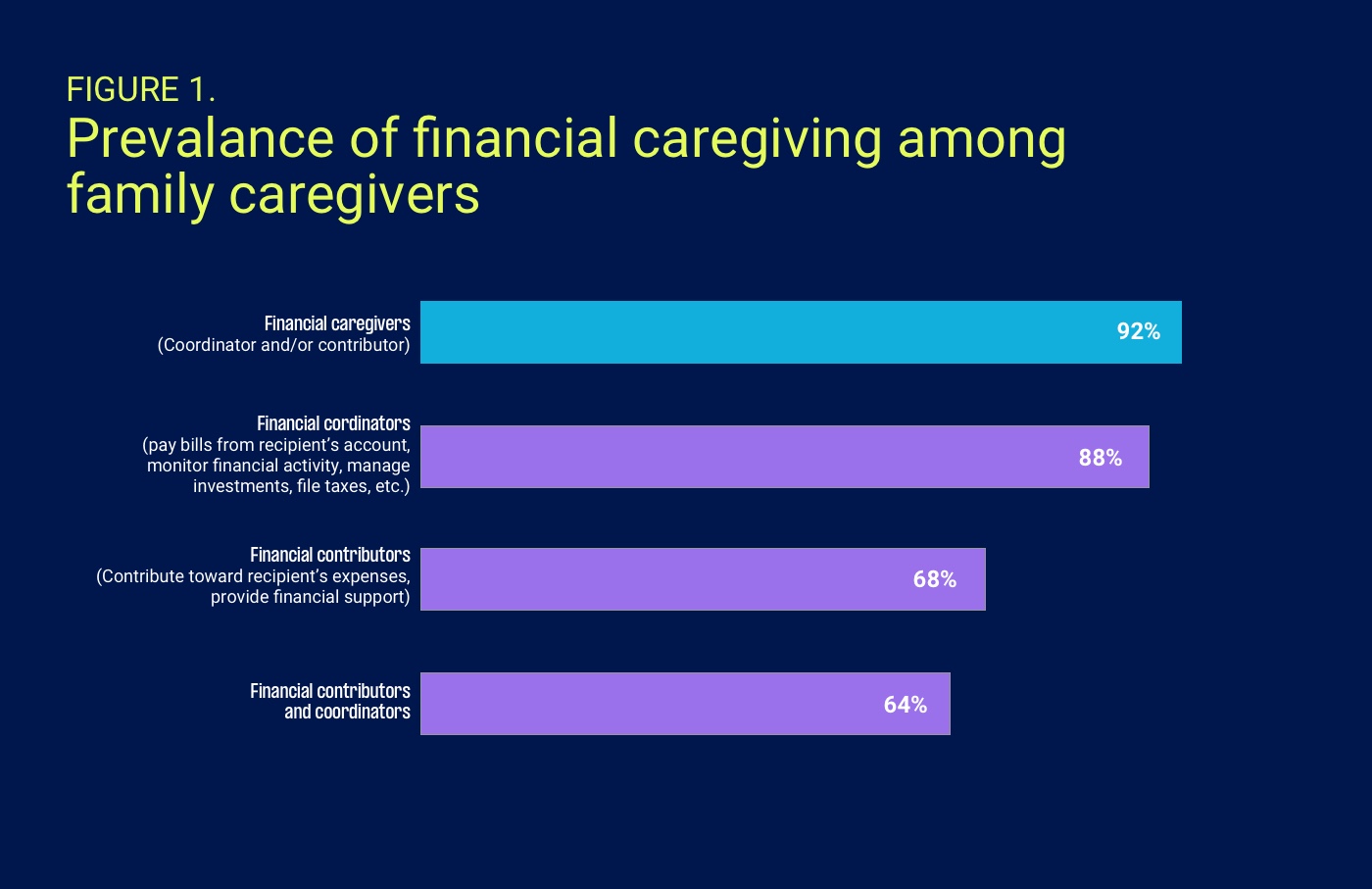1 “Playing the long game: How longevity affects financial planning and family caregiving,” TIAA Institute, October 2023. https://tiaa.org/content/dam/tiaa/institute/pdf/insights-report/2023-10/tiaa-institute-upenn-how-longevity-affects-financial-planning-ti-november-2023.pdfOpens pdf
2 “Life expectancy (from birth) in the United States, from 1860 to 2020,” Statista, August 2019. statista.com/statistics/1040079/life-expectancy-united-states-all-time/Opens in a new window.
3 “An unrecognized barrier to retirement income security: poor longevity literacy,” TIAA Institute, August 21, 2023. tiaa.org/public/institute/publication/2023/an-unrecognized-barrier-to-retirement-income-security-poor-longevity-literacy.
This material is for informational or educational purposes only and does not constitute fiduciary investment advice under ERISA, a securities recommendation under all securities laws, or an insurance product recommendation under state insurance laws or regulations. This material does not take into account any specific objectives or circumstances of anyparticular investor, or suggest any specific course of action.
Investment decisions should be made based on the investor’s own objectives and circumstances.
Investment, insurance and annuity products are not FDIC insured, are not bank guaranteed, are not deposits, are not insured by any federal government agency, are not a condition to any banking service or activity, and may lose value.
You should consider the investment objectives, risks,charges and expenses carefully before investing. Please call 877-518-9161 or go to www.TIAA.org/prospectuses for current product and fund prospectuses that contain this and other information. Please read the prospectuses carefully before investing.
TIAA-CREF Individual & Institutional Services, LLC, Member FINRA, distributes securities products. Advisory services are provided by Advice & Planning Services, a division of TIAA-CREF Individual & InstitutionalServices, LLC, a registered investment adviser. Annuity contracts and certificates are issued by Teachers Insurance and Annuity Association of America (TIAA) and College Retirement Equities Fund (CREF), New York, NY. Each is solely responsible for its own financial condition and contractual obligations.
©2023 Teachers Insurance and Annuity Association of America-College Retirement Equities Fund, 730 Third Avenue, New York, NY 10017
